December 13, 2022 – A key component of WPDI’s global efforts to develop sustainable peace in areas affected by violence and insecurity is our Business Bootcamp initiative, an incubation platform that serves to complement specific efforts at mediation and reconciliation with the fostering of livelihoods. Years of deploying programs in places affected by conflict and violence have indeed taught us that for lasting peace to occur at the grassroots level, communities must rely on endogenous forces and resources. Hence our choice to promote entrepreneurship and teach business skills. Skills are critical. They mean knowledge can be mobilized in the workplace. Possessing concrete skills is critical also because it is empowering in itself; it brings self-confidence and social recognition, two existential pillars that are often lacking in the personal development of youths and women from vulnerable and marginalized areas. However, the reality for these youths is not just that they lack access to skills, they also lack access to opportunities and capital. To respond to this opportunity gap, our business graduates can apply into a competitive process, the Business Plan Competition, through which we select promising projects that we will fund and monitor for at least a year. Being flexible and highly responsive to local realities, this is an approach that we have come to deploy in all our target countries with constant success.
This year, WPDI ran a series of such Business Plan Competitions in Chiapas and Tijuana, Mexico, giving aspiring entrepreneurs the opportunity to win funding for their startup projects following participation in the Business Bootcamp.
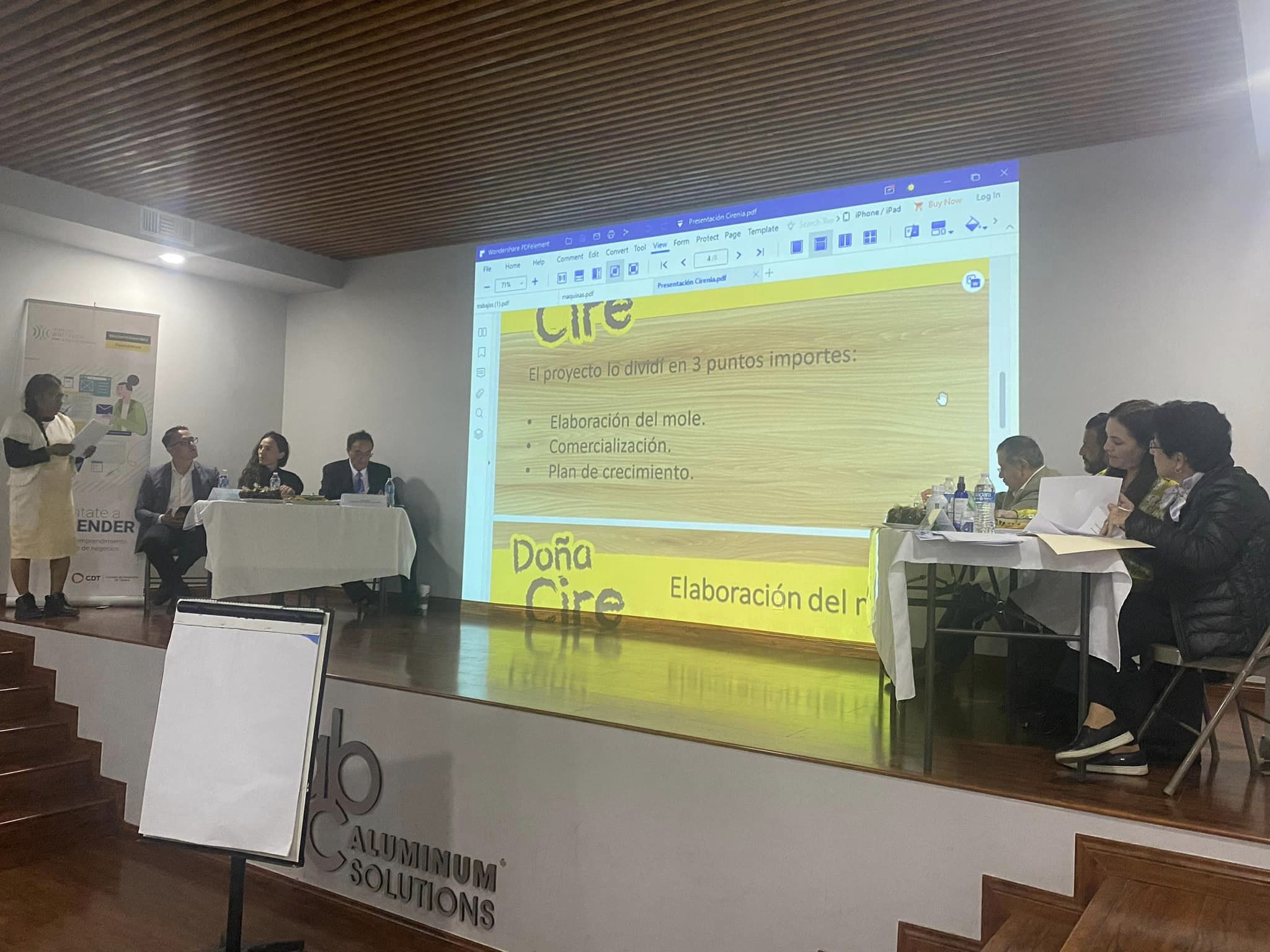 In Tijuana, this year’s Business Plan competition took place on October 18th. The Tijuana program trained 2 different groups of people this year: migrants and women who were victims of violence. These two groups are particularly vulnerable in Tijuana, with gender-based violence widespread in a city fraught with violent crime. Furthermore, with Tijuana being one of the most visited border towns in the world, migration crises are common. Giving these women the chance to participate in something positive and proactive is important for their development and integration into society.
In Tijuana, this year’s Business Plan competition took place on October 18th. The Tijuana program trained 2 different groups of people this year: migrants and women who were victims of violence. These two groups are particularly vulnerable in Tijuana, with gender-based violence widespread in a city fraught with violent crime. Furthermore, with Tijuana being one of the most visited border towns in the world, migration crises are common. Giving these women the chance to participate in something positive and proactive is important for their development and integration into society.
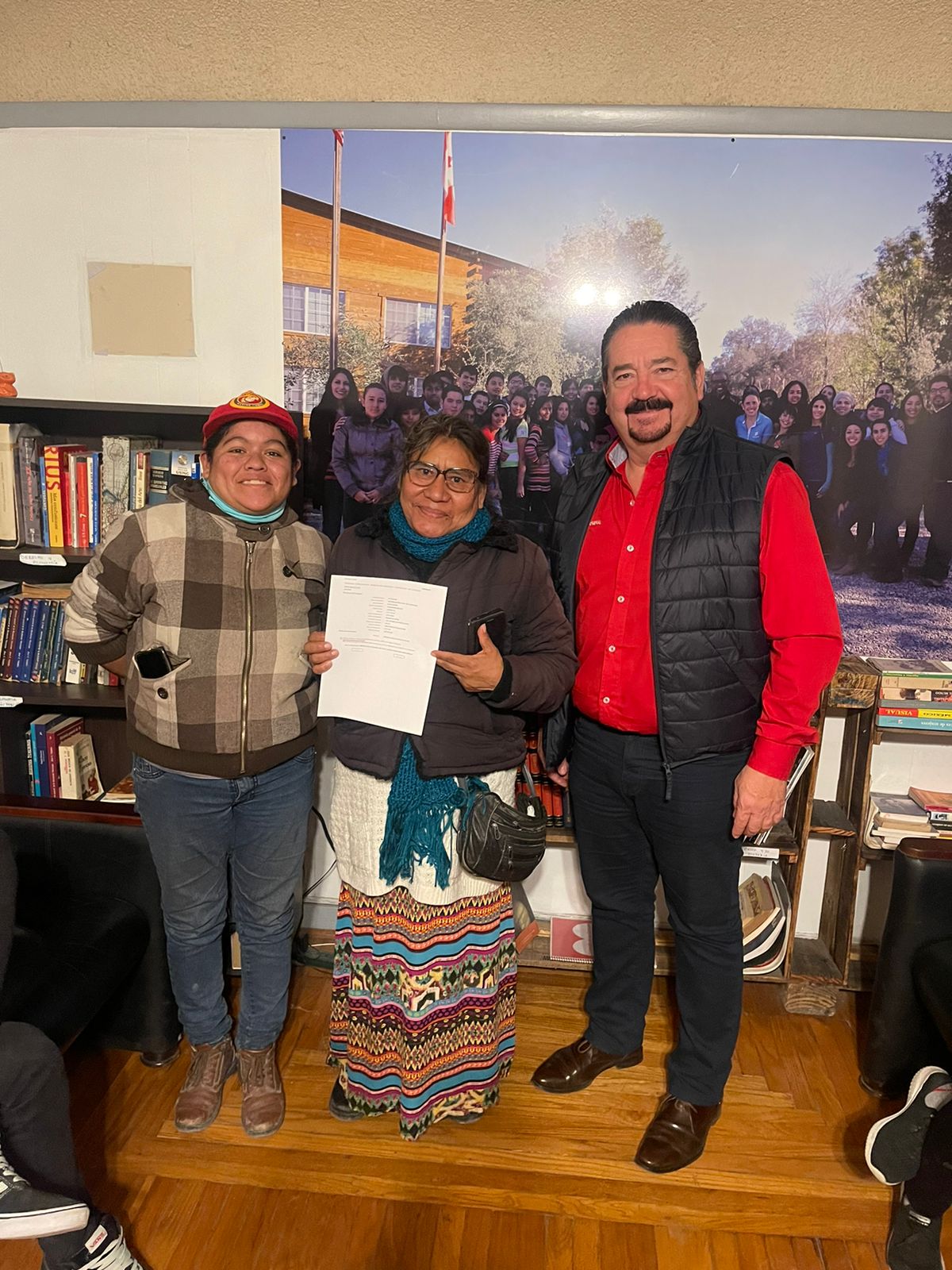
For Tijuana, the three winners were:
- NAVIGRAF, a printing business run by a couple of Colombians who have fled to Mexico to escape violence at home. “I can’t believe we won!” said Nasser Ochoa, part of the team. “Our printing business is thriving and now even more so with the purchase of equipment! My wife and I are very happy and grateful for this great opportunity! I felt coached, supported and guided! We are new in this city and being a migrant is oftentimes difficult, but Tijuana has been great to us!”
- Mole Doña Cire, a startup run by Cirenia Cecilia Mateos, a survivor of domestic violence who makes a delicious mole sauce and has recently received credit from the local government to start her business. With this additional money, she will be able to buy equipment and make sure she has everything she needs to properly pack and sell her product. “I have been making “mole” since I was little and now I feel so empowered and happy to have learned about business! Now, with the grant I received, I will buy equipment and more containers to distribute my product. I am so happy! I was a victim of violence but the Cerro Colorado community has embraced me and they guided me to participate with WPDI. Thank you for considering us,” she said.
- VIHCTORIA AC, a startup hoping to open a training center to provide psychological support to the community at low cost. Run by a psychologist, the firm will work with manufacturing companies by providing training in emotional intelligence, mourning, self esteem and overall improvement of life skills. “At VIHCTORIA A.C., we will also provide HIV testing at low costs! I specialize in working with the migrant community who are often overlooked and insecure as they don’t know what will happen to them in a new city. I am thankful for this opportunity to start my social business.” said Juan José Rodriguez.
On November 22nd, the three winners of the Bootcamp Competition of 2022 went to the WPDI Community Learning Center to deliver project information as well as personal data to receive the first installment of the Business Plan competition prizes. Next steps and possible collaborations were discussed.
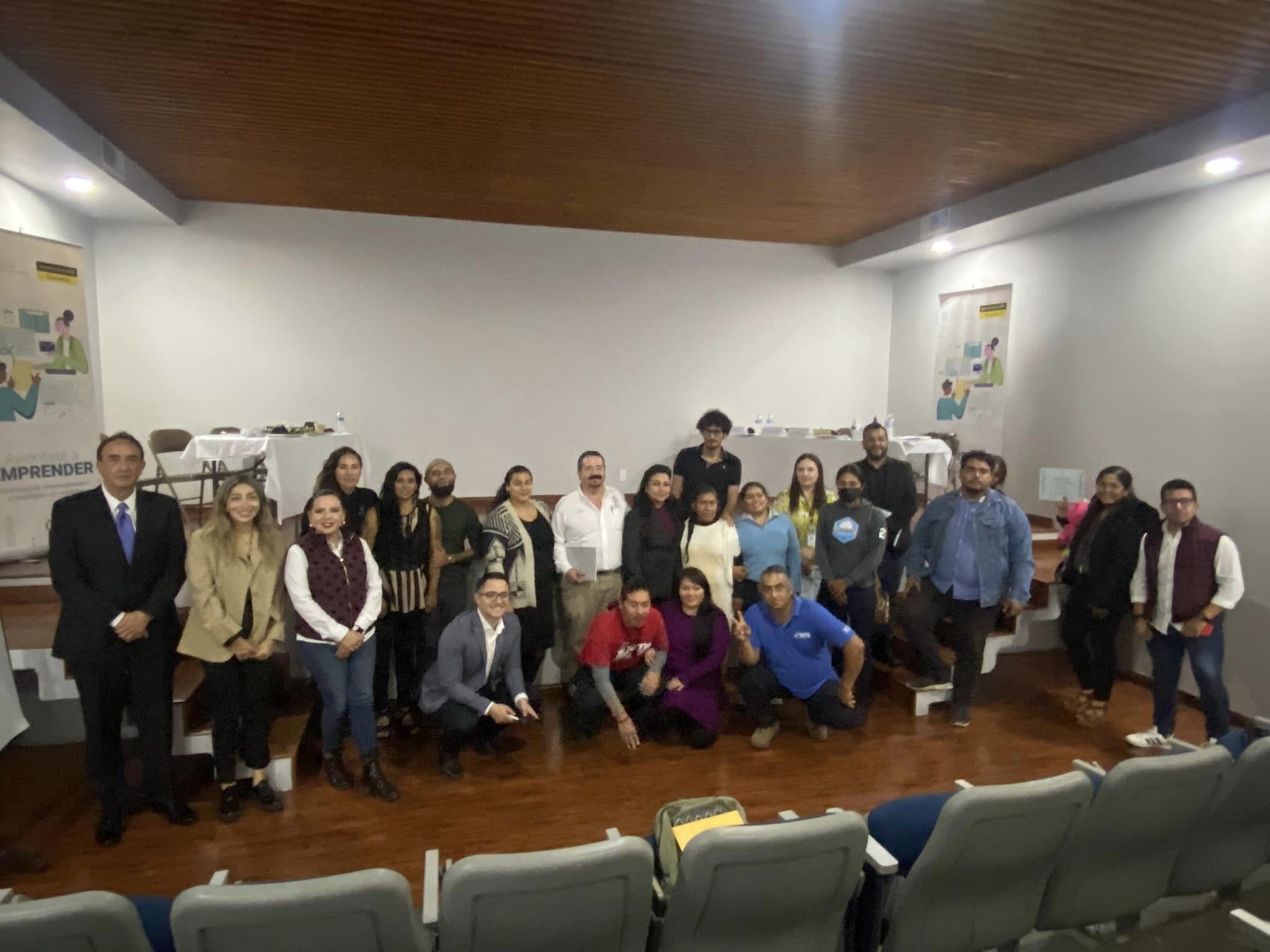
In Chiapas, the year’s second Business Plan Competition took place in San Cristóbal de Las Casas in October and November. 10 projects participated: 8 from the Business training category having completed the 3 levels (basic, intermediate and advanced), and 2 from the Youth Peacemaker category. During the first stage of the competition, each project presented their proposal to a jury through an elevator pitch. They then had time to receive feedback from the jury, and contributions to improve their proposal after a thorough analysis.
The five winners of the Business Plan Competition were:
- YO’ ON TÉ, a project promoted by 3 young artisans who transform wood into furniture with designs of the native peoples of the highlands of Chiapas, which is reflected in their own cultural identity through their highly symbolic designs. During their live presentation, they showed the first piece called XPOCOC (toad) from their first collection of furniture inspired by the indigenous municipality of Chenalhó, Chiapas. “Throughout the courses of social entrepreneurship and business, I had a learning experience where I was able to develop my project in its entirety, since the course I took gave us the basis to put it on the right track professionally and also gave it a totally different meaning than the one I had previously believed,” said Susana Cruz Gomez, part of the team.
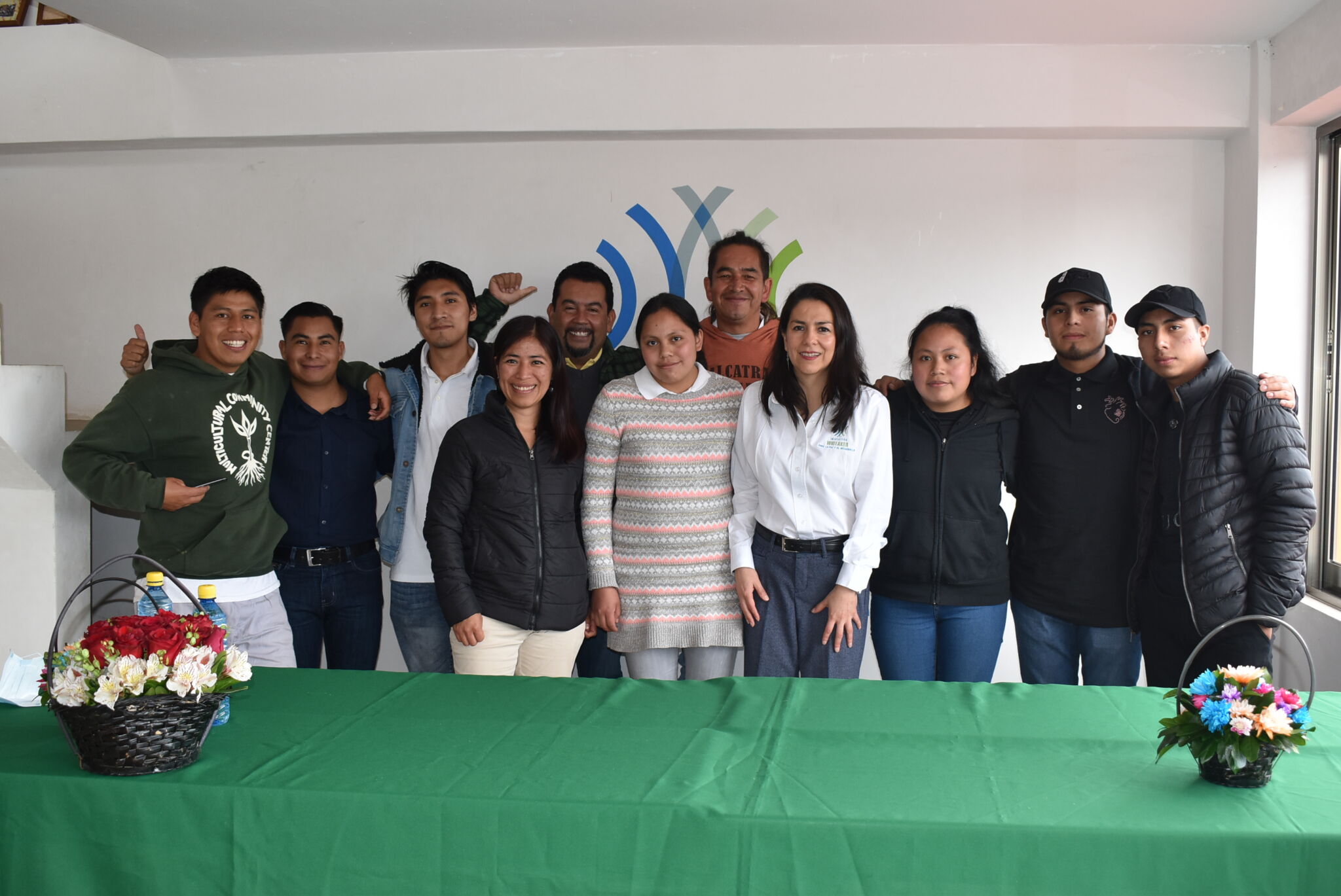
- D-LUZ Family Production Unit Project, a family enterprise located in the municipality of San Fernando, Chiapas, focused on the sustainable production and commercialization of eggs and chickens. Animal welfare and the agroecological production of fresh food and products with higher nutritional value is central to their strategy. “Thank you for your valuable support in training us to build our Business Plan, with which we were able to participate in the Process of selection process for social and business projects,“ said Claudia Alfaro Lasso.
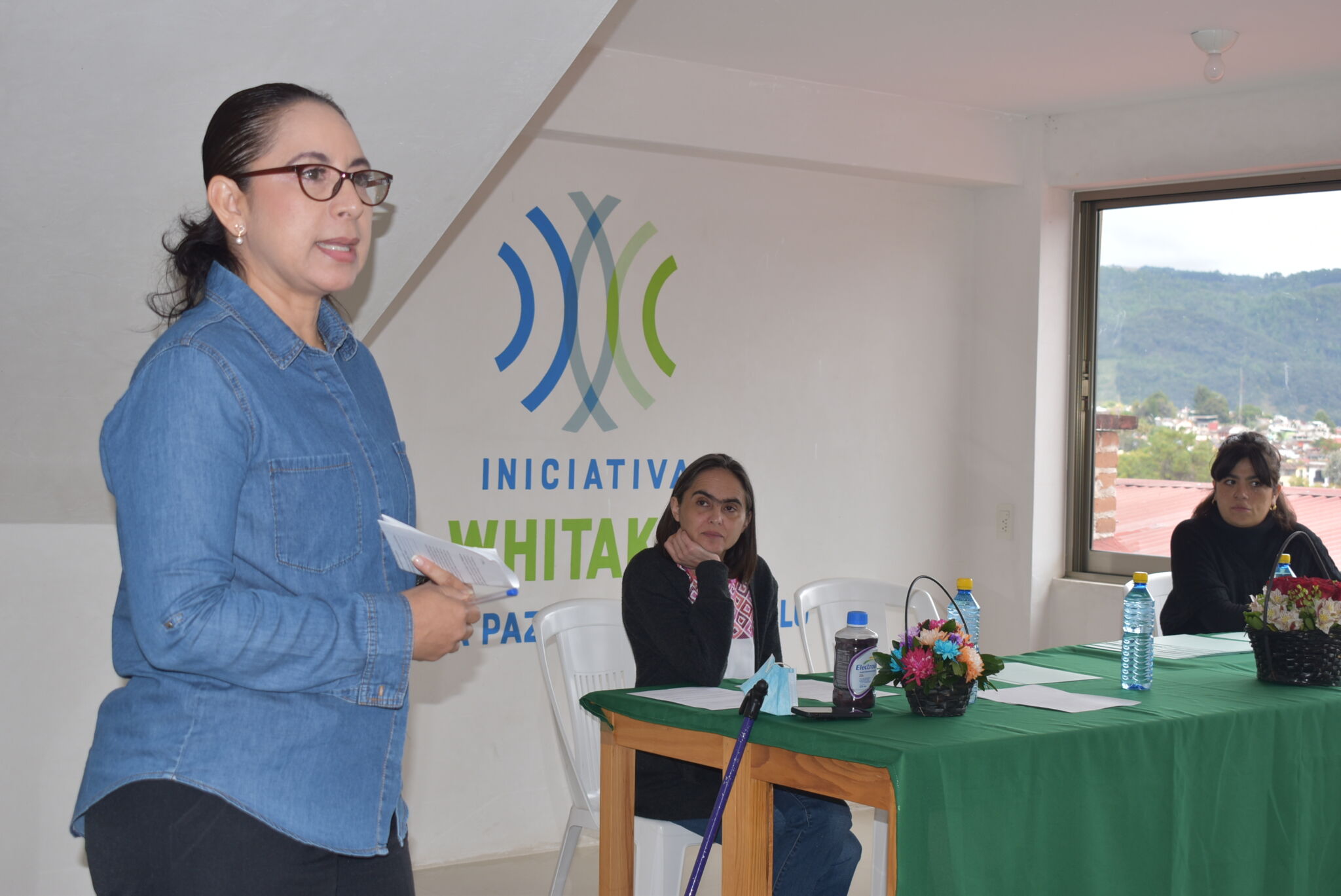
- The Wood Perfume Project formed by a young couple who make art pieces, whose distinctive feature is the use of exotic woods with aromas and colors characteristic to each material. Their productions include customizations in their pieces, which evoke feelings such as joy, hope, illusions. This project seeks to include young urban artists from the North periphery of San Cristóbal de las Casas.
- The Edible Mushrooms May Project, a project based in the Benito Juárez neighborhood, in the municipality of Frontera Comalapa, Chiapas, a locality characterized by poverty marginalization. The startup hopes to launch the production and commercialization of edible mushrooms (Pleurotus ostreatus) in order to promote a nutritious diet in the community at low cost.
- The SEHS (Education, Home and Health Services) Bookstore Project, a project that seeks to promote reading in the town of Betania, municipality of Teopisca, through the sale of books on a variety of topics for young people focused on young people and housewives, so that they can obtain more information on topics of interest to them.
WPDI will remain committed to guiding and counseling each winning project to ensure their success. In 2023, we will be running more Business Bootcamps and Business Plan Competitions in order to create opportunities for people from underprivileged communities whose access to such training and support would otherwise remain limited.
In partnership with
